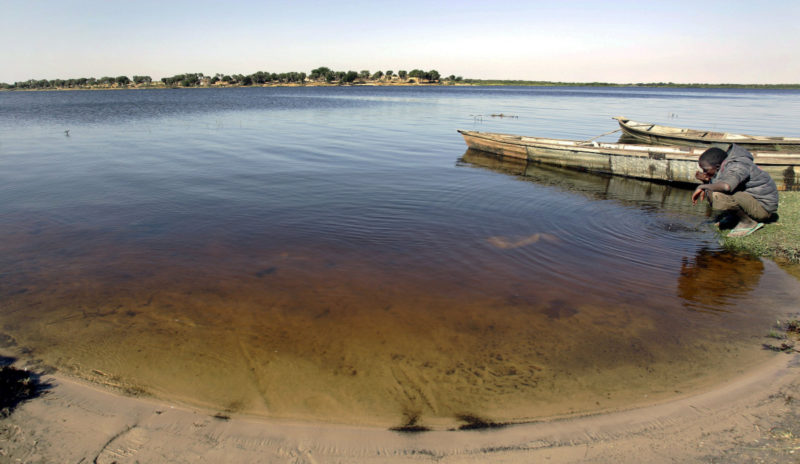The UN Educational, Scientific and Cultural Organisation (UNESCO) on Friday, February 23, 2018 restated its commitment to safeguarding the Lake Chad and promoting the interests of people who depend on the lake for their livelihood.

UNESCO made the pledge in a statement signed by its Communication and Information Sector Advisor, Yachat Nuhu, and made available to News Agency of Nigeria in Abuja.
The organisation noted that at the upcoming international conference on Lake Chad, the project funded by the African Development Bank (AfDB) would also seek out ways for all stakeholders and member-states to promote the survival of the lake.
According to UNESCO, the Lake Chad Basin is an important source of fresh water on which more than 40 million people in Cameroon, the Central African Republic, Chad, Niger and Nigeria depend.
The UN agency noted that rainfalls had declined over the past 50 years and the surface area of the lake had shrunk by more than 90 per cent, thereby affecting the region’s ecosystems and economy.
UNESCO said that it would be implementing the BIOPALT project, which focused on research, rehabilitation of wetlands and wildlife corridors as well as promotion of sustainable income generating activities for the region.
“Funded by the African Development Bank for a period of three years, the project aims to take stock of Lake Chad’s water and other natural resources alongside socio-economic and cultural factors.
“It also aims to reinforce local capacities in natural and cultural heritage preservation and undertake pilot activities for the rehabilitation of some ecosystems and the promotion of a green economy.
“In close consultation with local populations, BIOPALT will contribute, for example, to the rehabilitation of wildlife migration corridors between Chad, Cameroon and Nigeria, notably for elephants, while preserving oases and preventing the drying up of water supplies by restoring ponds.
“It will also focus on income generating activities such as the production of spirulina, an algae traditionally harvested by women, and support efforts to preserve Lake Chad’s iconic Kuri cattle, an endangered species.
The Lake Chad Basin Commission was established in 1964 to ensure the sustainable and equitable management of Lake Chad and the preservation of ecosystems in its basin.
Its members are Nigeria, Cameroon, the Central African Republic, Chad, Libya and Niger. The commission is funded by its member states.
By Tosin Kolade
